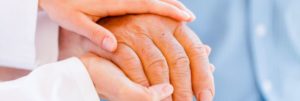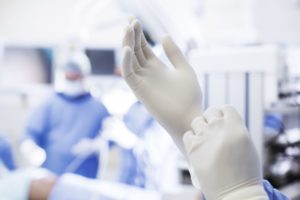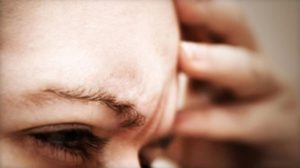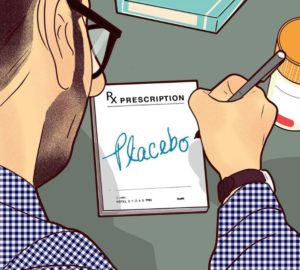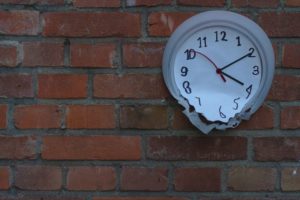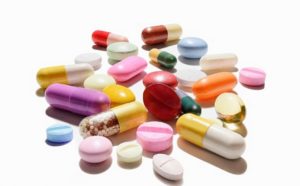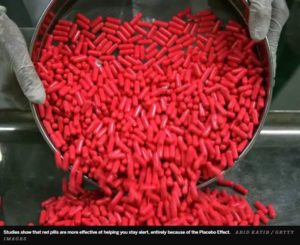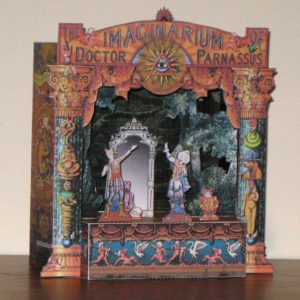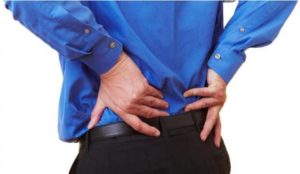
Quite a buzz lately about the placebo effect and back pain, extending from a randomized control trial in Portugal.
“Our findings demonstrate the placebo effect can be elicited without deception. Patients were interested in what would happen and enjoyed this novel approach to their pain. They felt empowered.” – Lead author Claudia Carvalho, Ph.D., ISPA
“It’s the benefit of being immersed in treatment: interacting with a physician or nurse, taking pills, all the rituals and symbols of our healthcare system,” (says placebo researcher Ted Kaptchuk, Professor of Medicine at Harvard Medical School). “The body responds to that.”
While this study focused on chronic pain, Kaptchuk says it is possible that patients with other conditions that involve self-observation – such as fatigue, depression, or digestive problems – may benefit from open-label placebo treatment.
“You’re never going to shrink a tumor or unclog an artery with placebo intervention,” notes Kaptchuk. “It’s not a cure-all, but it makes people feel better, for sure. Our lab is saying you can’t throw the placebo into the trash can. It has clinical meaning, it’s statically significant, and it relieves patients. It’s essential to what medicine means.”
Read the whole article here, and another here.


